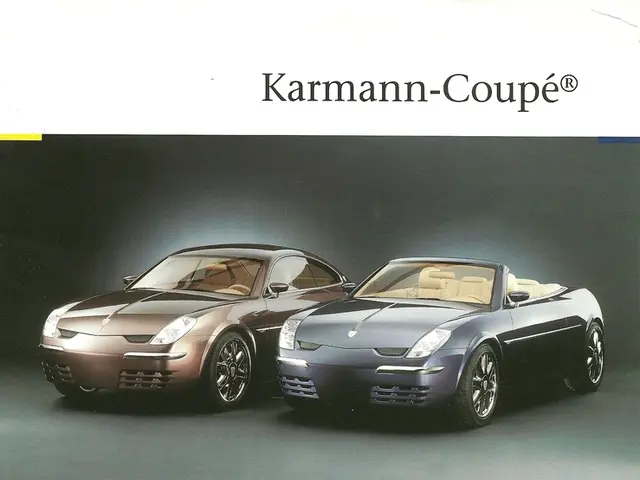Heavy-Duty Electric Vehicles: The Emerging Role of Megawatt Charging Stations
The Megawatt Charging System (MCS) is set to revolutionize the logistics and transportation industry, paving the way for a more sustainable future. This innovative charging technology, designed to meet the high energy demands of heavy-duty electric vehicles (EVs), is poised to make electric trucks and buses more practical and cost-effective.
The development of MCS traces back to the late 2010s, spurred by the increasing demand for electrification in logistics and transportation. Since then, significant milestones have been achieved, including the finalisation of the MCS connector design in 2021.
MCS technology prioritizes safety, featuring touch-safe designs and integrated cooling systems. Major players in the industry, such as Siemens, ABB, and Tesla, are developing the necessary hardware for high-power delivery, while companies like Cavotec, Huber+Suhner, and Phoenix Contact are focusing on the safe and efficient transfer of immense power.
The strategic expansion of MCS charging stations is a collaborative effort involving regional industry organisations, local economic development agencies, and innovation platforms. In Germany, key actors include the Chamber of Industry and Commerce (IHK), Standort Niederrhein GmbH, and "Future Tech Fest." State-level programs and initiatives, such as Förderprogramm Klimaneutrale Gebäude and support from Bayern Innovativ, also play a crucial role in supporting the deployment of MCS fast charging infrastructure for electric freight transport.
Greenlane and TeraWatt are working on the strategic placement and management of MCS charging stations. These stations are designed to allow electric trucks and buses to recharge efficiently during mandatory rest periods, typically around 45 minutes in Europe. The stations are planned to be positioned every 100 km along major freight corridors, supporting long-haul trips.
MCS is designed to handle high voltage (up to 1.250 volts) and current (up to 3.000 amps), making it capable of charging heavy-duty EVs quickly and efficiently, reducing vehicle downtime and enhancing operational efficiency.
As MCS matures and becomes more widely adopted, it will play a pivotal role in reducing greenhouse gas emissions, promoting a sustainable future in logistics and transportation. Scania, Volvo, and Tesla are preparing their vehicles to support MCS technology, with commercial deployment planned for 2024. Key players like ABB, Siemens, and Volvo are already involved in pilot projects across Europe and North America.
In conclusion, the Megawatt Charging System (MCS) is set to transform the transportation industry, making electric freight transport more practical, cost-effective, and sustainable. With the support of various stakeholders and the ongoing development of the technology, MCS is poised to make a significant impact on the reduction of greenhouse gas emissions and the promotion of a greener future.
Read also:
- Electric-powered vessels take to the waters of Maine
- Elon Musk accused by Sam Altman of exploiting X for personal gain
- Comparing the value of top electric scooters: Kinetic DX versus Bajaj Chetak versus TVS iQube - Which one offers the best bang for the buck?
- American Eagle's risque promotional effort featuring Sydney Sweeney leads to the brand being categorized as a 'trendy stock' among teenagers.







